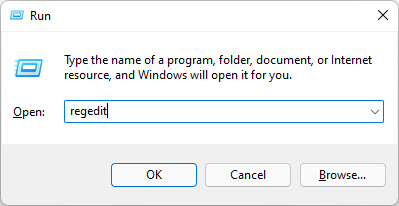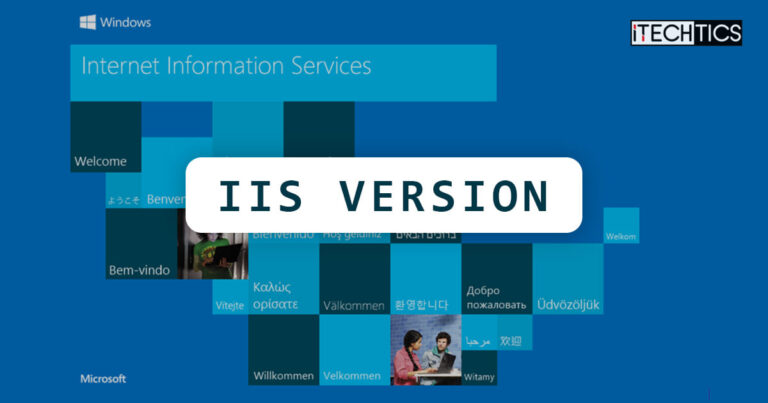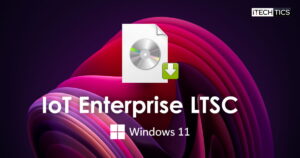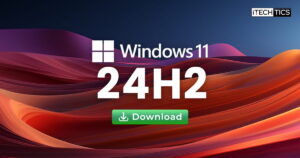Internet Information Service (IIS) is a web server from Microsoft used to host anything on the web. It will host your websites and applications on the web. It provides support for HTTP, HTTPS (which contains a security certificate and is more secure than HTTP), FTP (File Transfer Protocol used to transfer files), and SMTP (Simple Mail Transfer Protocol used in transferring email). It is included in Windows by default in optional features.
You can enable IIS from Optional Features. Press the Windows button and then type “Turn Windows features on and off”. Select “Internet Information Services.” You will be asked to restart the system to finish installing the request.
Table of Contents
How to Check Installed IIS Version in Windows?
You can check the IIS version using several different ways. Choose the method you are comfortable with from below.
Using Control Panel
Follow these steps to check your IIS version using the Control Panel:
-
Navigate to:
Control Panel >> System and Security >> Windows Tools >> Internet Information Services (IIS) Manager

Open IIS Manager Note: If you find that IIS Manager is missing inside Windows Tools, then you need to enable IIS Manager from the Optional Features applet.
Alternatively, you can also type in “%SystemRoot%\system32\inetsrv\InetMgr.exe” in the Run Command box to open the IIS Manager.
-
Expand the Help menu and click “About Internet Information Sevices.”

Open About IIS -
You will now see the IIS version in the popup dialog box.

Find the IIS version using Control Panel
Using Registry Editor
You can also check the installed IIS version through the Windows Registry editor too. Here is how:
-
Open the Registry Editor by typing in “regedit” in the Run Command box.

Open Registry editor -
Paste the following in the address bar for quick navigation:
Computer\HKEY_LOCAL_MACHINE\SOFTWARE\Microsoft\InetStp

Navigate to InetStp inside the Registry editor -
View the IIS version number in front of “VersionString.”

Find the IIS version using the Registry Editor
Using Command Prompt
You can also obtain the same Registry editor information using the Command Prompt and determine the IIS version installed on your PC. Here’s how:
-
Open an elevated Command Prompt.
-
Run the following cmdlet:
reg query HKLM\SOFTWARE\Microsoft\InetStp
Command Prompt command to find the IIS version -
You will now see the IIS version written in front of “VersionString” from the results below.

Find the IIS version using Command Prompt
Using Run Command
You can also open the IIS Manager from the Run Command box and then continue to find the installed IIS version from there.
Press the Windows Key +R shortcut keys and type in “inetmgr” and hit Enter.

It will open the IIS manager. As mentioned above, go to Help >> About Internet Information Services and you will get the version installed on your computer.

Using PowerShell
Perform the following steps to find the IIS version installed on your PC using Windows PowerShell:
-
Open an elevated PowerShell instance.
-
Run the following cmdlet:
Get-ItemProperty -Path registry::HKEY_LOCAL_MACHINE\SOFTWARE\Microsoft\InetStp\ | Select-Object
Find the IIS version using Windows PowerShell
You can now see the IIS version in front of “VersionString,” as in the image above.
Alternatively, you can also run the following cmdlet to obtain the PowerShell build version, which is the same version number as IIS
$PSVersionTable
How to Determine if IIS is Installed on your Computer?
In order to check if IIS is installed on your computer, press the Windows Key + R keys and then type in “inetmgr” and hit Enter.
If the IIS configuration screen is displayed, then IIS is installed on your computer. Otherwise, you need to install it.
Another method of checking whether IIS is installed or not, go to Control Panel >> Programs and Features and then select “Turn Windows Features on and off.” Now check whether “Internet Information Services” is enabled. If that option is checked it means that IIS is installed on your computer.







3 comments
kaka
This part is wrong
[System.Diagnostics.FileVersionInfo]::GetVersionInfo(“C:\Windows\system32\notepad.exe”).FileVersion
You are looking up the specs for Notepad, not IIS
Sanjay
Dear madam,
Hi from Sanjay from India. I m reading your articles thereby wants to suggest that whenever you
writing pls explain briefly about the usage….
Mariya Javaid
I explain the usage in the introduction for every article . Can you please further specify the point about which you need any help?